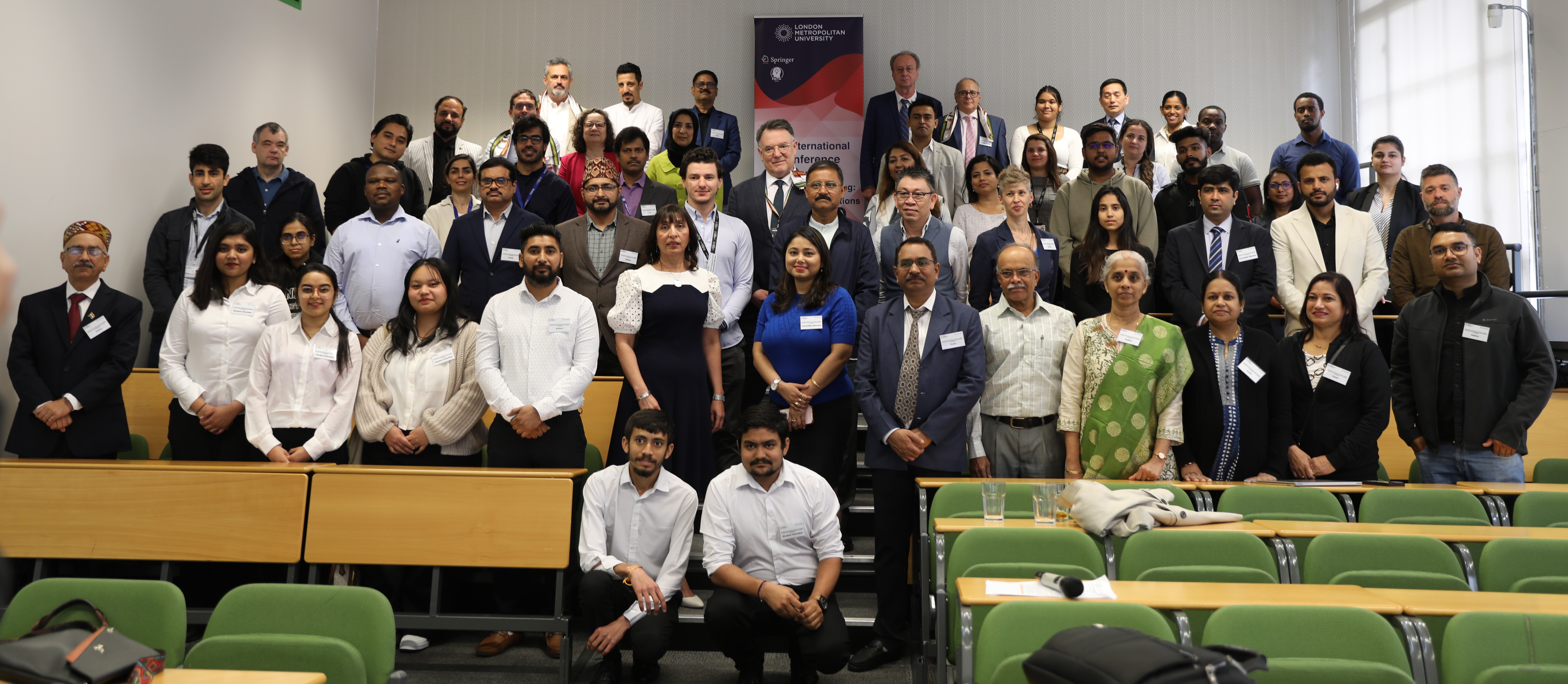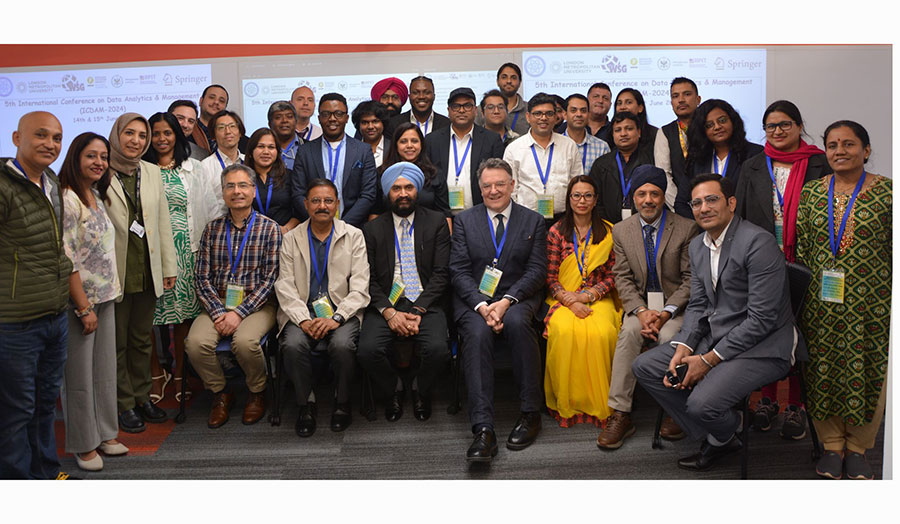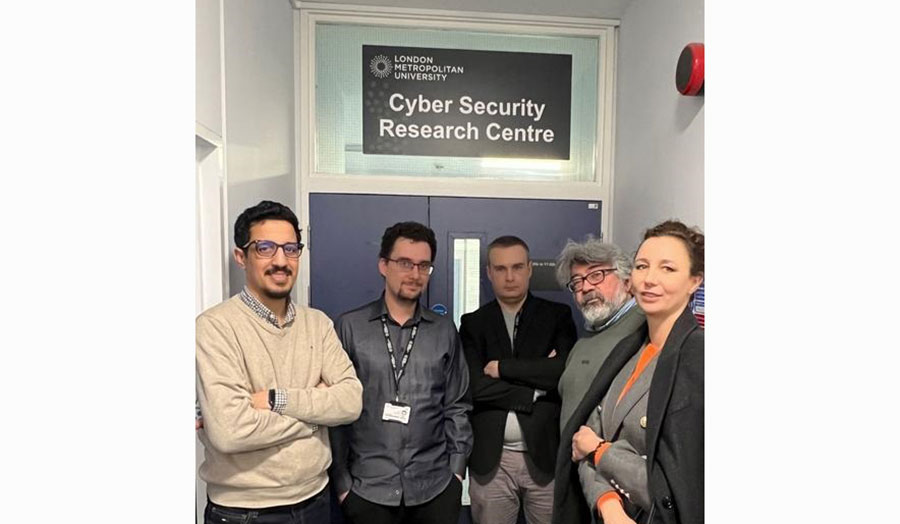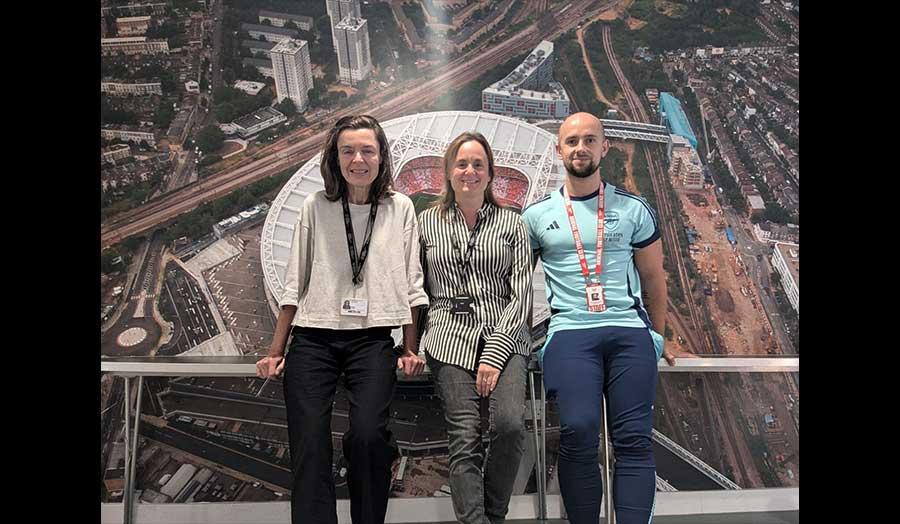Apply for this course
Please select when you would like to start:
This course is subject to validation.
If you're a UK applicant wanting to study full-time starting in September, you must apply via UCAS unless otherwise specified. If you're an international applicant wanting to study full-time, you can choose to apply via UCAS or directly to the University.
If you're applying for part-time study, you should apply directly to the University. If you require a Student visa, please be aware that you will not be able to study as a part-time student at undergraduate level.
Why study this course?
Designed to provide you with specialized knowledge and skills in Artificial Intelligence (AI) and Robotics, encompassing related technologies such as sensors, actuators, control systems, Internet of Things, software programming, and user-centred design. You will gain valuable experience through hands-on learning in dedicated laboratories and immersive learning environments.
Hands-on learning experience
Gain valuable experience through hands-on learning in dedicated laboratories and immersive learning environments.
Preparation for diverse careers
Prepare for careers in diverse sectors including Robotics, Automation, and much more.
Work-related experience
The integrated work-related learning program provides you with valuable opportunities to gain practical work experience.
Course details
In addition to the University's standard entry requirements, you should have:
- a minimum of 88 UCAS points from an A Level or equivalent Level 3 qualification ( e.g. BTEC National, Subsidiary or Extended Diploma).
- English Language and Mathematics at grade C/4 or above (or equivalent)
If you don't have traditional qualifications or can't meet the entry requirements for this undergraduate degree, you may still be able to gain entry by completing our Artifical Intelligence and Robotics (including foundation year) BEng (Hons).
Accreditation of Prior Learning
Any university-level qualifications or relevant experience you gain prior to starting university could count towards your course at London Met. Find out more about applying for Accreditation of Prior Learning (APL).
English language requirements
To study a degree at London Met, you must be able to demonstrate proficiency in the English language. If you require a Student visa (previously Tier 4) you may need to provide the results of a Secure English Language Test (SELT) such as Academic IELTS. This course requires you to meet our standard requirements.
If you need (or wish) to improve your English before starting your degree, the University offers a Pre-sessional Academic English course to help you build your confidence and reach the level of English you require.
There will be a range of assessment methods employed throughout the course, including:
- In-class assignments
- workshops
- presentations
- formal exams
The choice of assessment methods is deliberate, designed to inspire students to perform at their best and engage in meaningful learning activities.
Upon graduation, you will be well-prepared to pursue rewarding and successful careers in diverse fields, including robotics, automation, manufacturing, aerospace, systems analysis, security, and artificial intelligence. Furthermore, you will be equipped to pursue further academic study at an advanced level, such as pursuing MSc or PhD research. In fact, this course will be a gateway to our MSc in Robotics with AI.
If you study your undergraduate degree with us, as a graduate of London Met, you'll be entitled to a 20% discount on a postgraduate course if you continue your studies with us.
* exclusions apply
Please note, in addition to the tuition fee there may be additional costs for things like equipment, materials, printing, textbooks, trips or professional body fees.
Additionally, there may be other activities that are not formally part of your course and not required to complete your course, but which you may find helpful (for example, optional field trips). The costs of these are additional to your tuition fee and the fees set out above and will be notified when the activity is being arranged.
Discover Uni – key statistics about this course
Discover Uni is an official source of information about university and college courses across the UK. The widget below draws data from the corresponding course on the Discover Uni website, which is compiled from national surveys and data collected from universities and colleges. If a course is taught both full-time and part-time, information for each mode of study will be displayed here.
How to apply
If you're a UK applicant wanting to study full-time starting in September, you must apply via UCAS unless otherwise specified. If you're an international applicant wanting to study full-time, you can choose to apply via UCAS or directly to the University.
If you're applying for part-time study, you should apply directly to the University. If you require a Student visa, please be aware that you will not be able to study as a part-time student at undergraduate level.
When to apply
The University and Colleges Admissions Service (UCAS) accepts applications for full-time courses starting in September from one year before the start of the course. Our UCAS institution code is L68.
If you apply directly to the University, you are advised to apply as early as possible as we will only be able to consider your application if there are places available on the course.
To find out when teaching for this degree will begin, as well as welcome week and any induction activities, view our academic term dates.


























